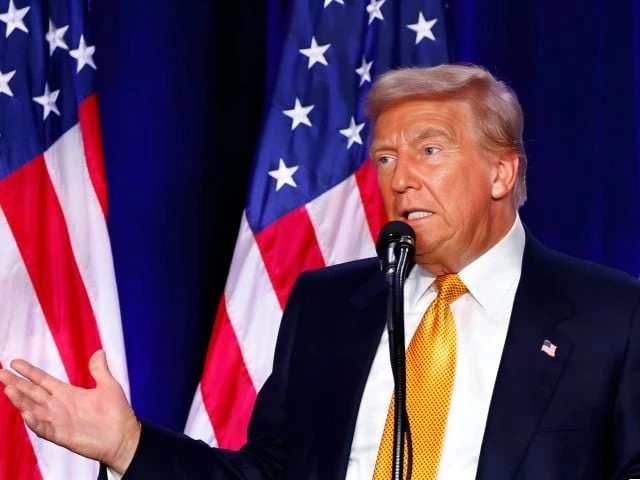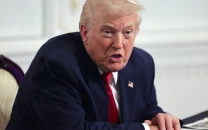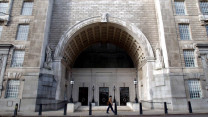Trump faces stock manipulation charges after 90-day tariff pause
Accusations intensify amid growing concerns over economic volatility

US President Donald Trump’s unexpected move to pause tariffs on most trading partners sent global markets surging on Wednesday, but also drew swift criticism from political opponents, including Senator Elizabeth Warren, who has accused the administration of market manipulation.
The announcement, made less than 24 hours after Trump imposed steep new duties, was widely seen as a dramatic reversal — one that briefly cooled trade tensions and lifted investor sentiment. Global indices closed sharply higher, and the US dollar gained ground as traders recalibrated their outlook.
Despite the immediate market euphoria, the policy shift has triggered a wave of scrutiny. Senator Warren has called for a formal investigation, alleging that the White House may be using tariff policy to create artificial market volatility that benefits wealthy donors and insiders.
“This smells like corruption,” Warren posted on X. “Trump’s tariff flip-flopping may have allowed insiders to cash in, while working Americans and small businesses are left paying the price.”
The Massachusetts senator further argued that Trump's erratic tariff actions — including raising levies on Chinese imports to 125% while pausing them for others — have contributed to rising economic uncertainty and damaged investor confidence.
Market analysts are divided on the long-term impact. Some see the tariff suspension as a welcome de-escalation in global trade tensions. Others warn that the unpredictability of U.S. trade policy under Trump continues to pose serious risks.
“This on-again, off-again approach to tariffs undermines stability,” said Sarah Lin, a trade policy analyst at the Global Markets Institute. “It creates a climate where policy becomes impossible to predict — and markets hate unpredictability.”
The White House has not commented on the allegations, but the President previously defended his tariff strategy as a necessary tool to protect U.S. industries and to pressure trading partners, particularly China.
While some tariffs remain paused for 90 days, those aimed at China are set to stay in place — keeping trade tensions with Beijing high. In the meantime, markets continue to watch closely, navigating a policy landscape that shifts by the day.
























COMMENTS
Comments are moderated and generally will be posted if they are on-topic and not abusive.
For more information, please see our Comments FAQ